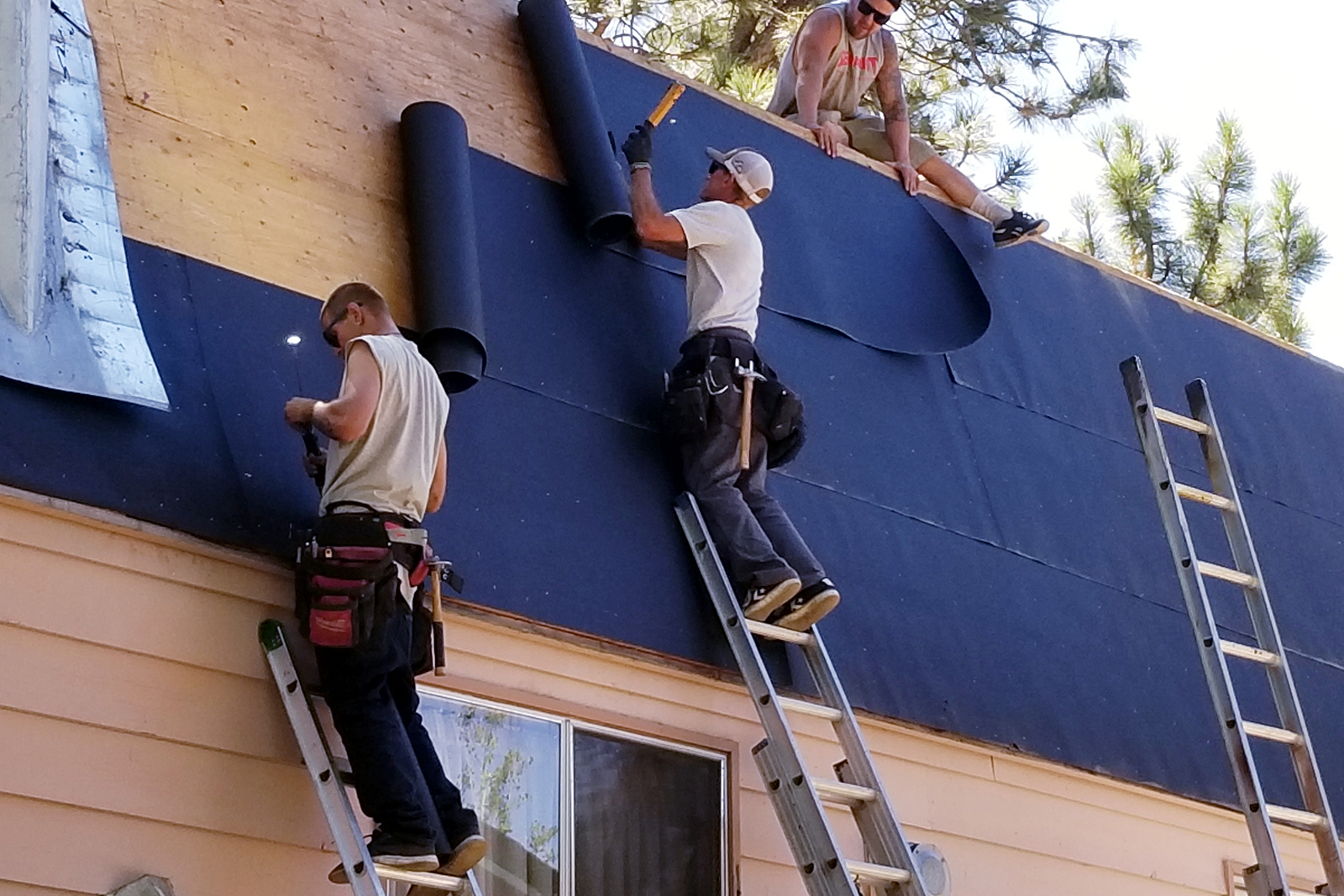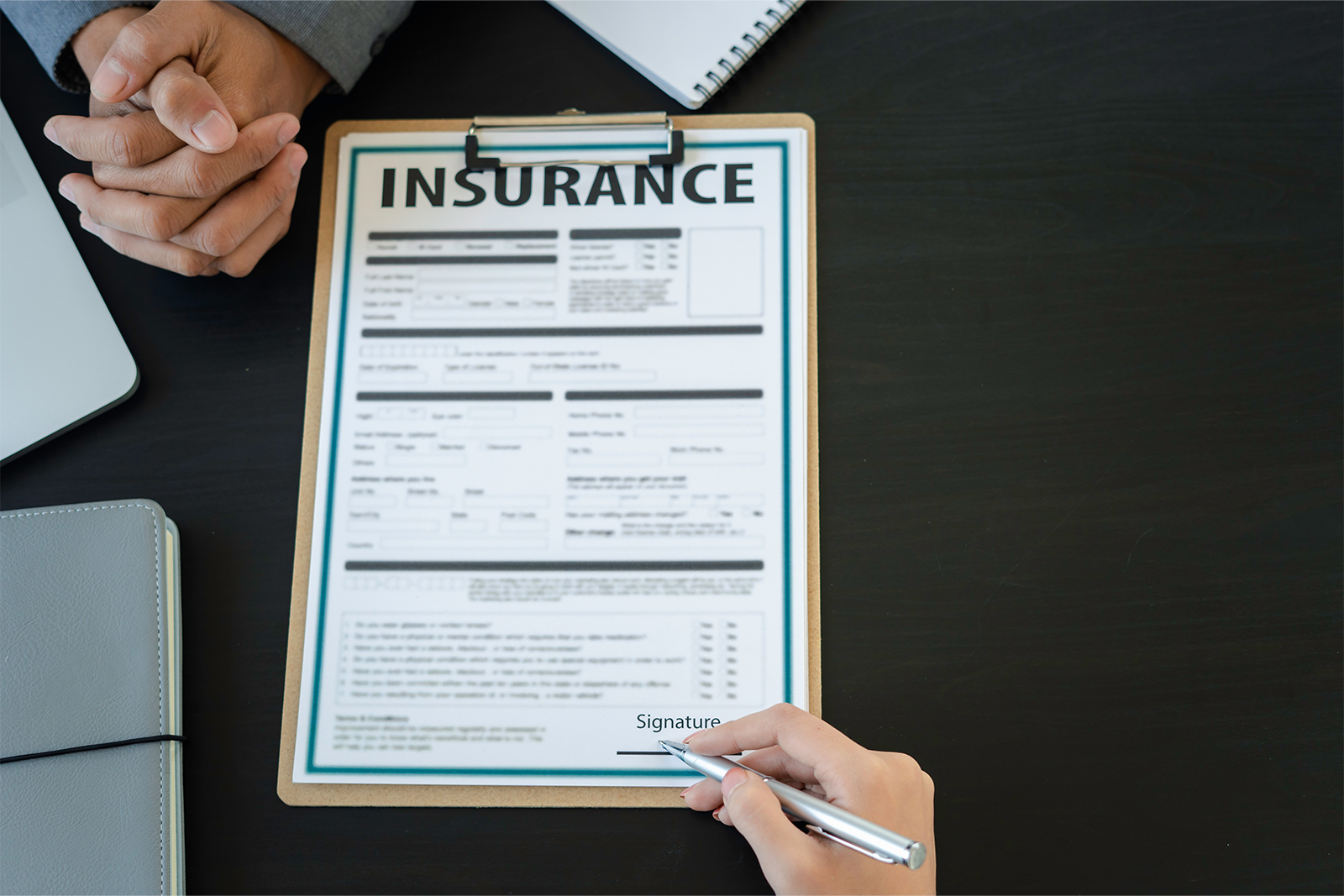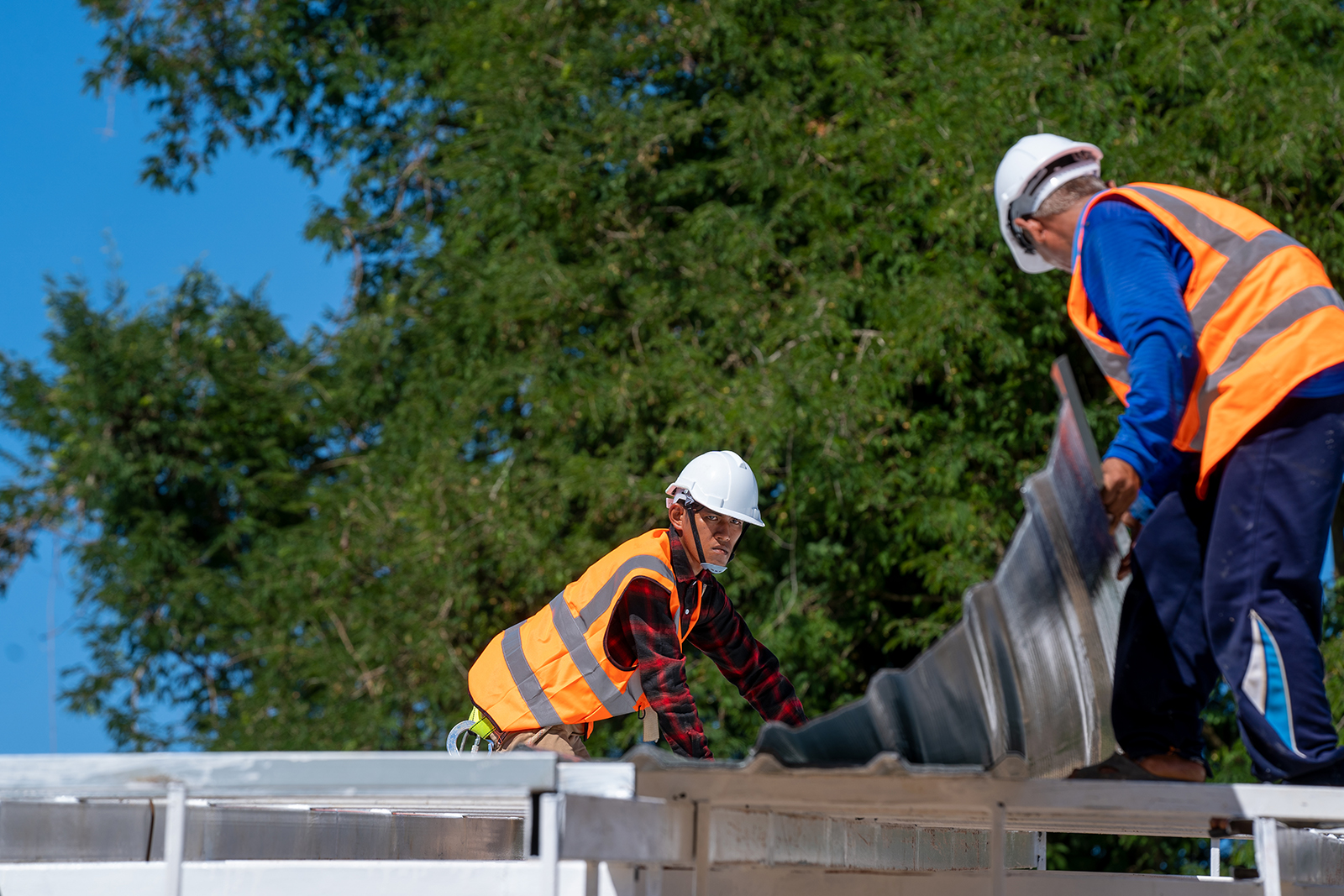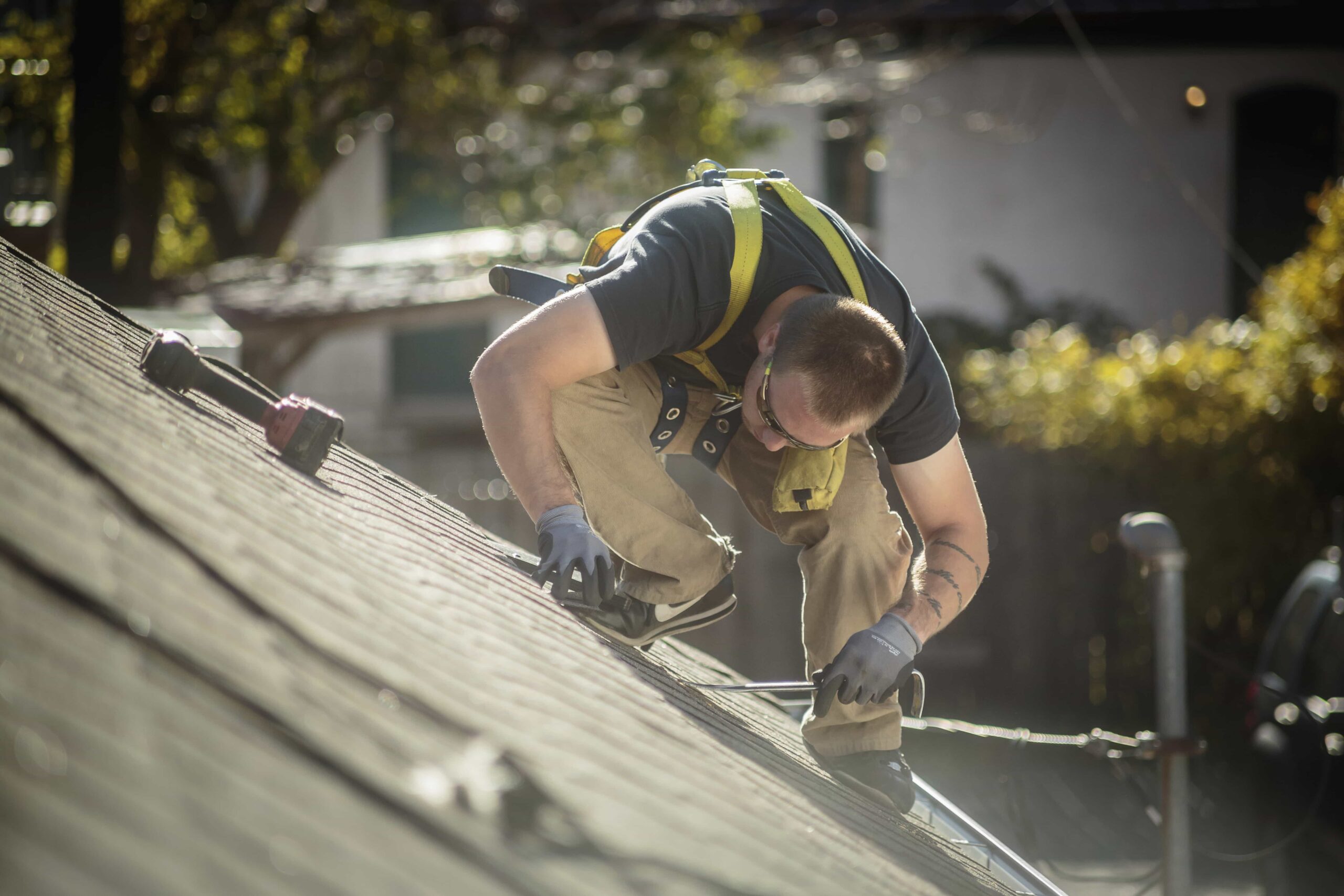
Will Insurance Cover a 20-Year-Old Roof?
Insurance providers might closely inspect your roof’s condition for offering home insurance coverage. It’s crucial to ensure the safety and comfort of the roof. However, weather, wear and tear, and other factors affect roof age. If you have a 20-year-old roof, you might wonder if your insurance will cover any required repairs or replacements. In this blog, we’ll explore factors that show Heather’s Insurance will cover a year-old roof and ways to protect your investment.
Factors Affecting Insurance Coverage
- Age of the roof: – Insurance companies consider the age of your roof while determining coverage. A 20-year-old roof is deemed to be at the end of its predicted lifespan, so insurers might become more cautious in offering insurance coverage.
- Cause of Damage: The roof’s life is affected by the damages caused by unexpected events like storms, fires or vandalism. For insurance coverage, generally, normal wear and tear is not covered.
- Type of Insurance: – The homeowner’s Insurance might also affect the coverage for your roof. Typically, a basic homeowner’s insurance policy can offer limited coverage for roof damage, while a more comprehensive policy might provide broader coverage.
- Maintenance and Care: – Insurance companies might consider the roof’s condition, including how well the roof is maintained and cared for. Regular inspection, maintenance, and repairs can assist in preventing damage and improving the chances of coverage.
Will Insurance Cover a 20-year-old Roof?
Every insurance company handles older roofs differently; some even provide coverage on a 20-year-old roof. The insurance company checks for eligibility for roof replacement in the coverage. If you have an older 3-tab asphalt shingle roof, it remains susceptible to wind damage. On the other hand, some roofs need inspection so that they can give the actual value of the roof in Insurance. Most insurance companies want to avoid taking risks with an older roof that requires roof replacement shortly.

How Roof Age Impacts Insurance Costs
If any homeowner takes Insurance for the new roof, then they might get a better home insurance rate. An older roof might have unforeseen issues like water damage that can cause deterioration and increase the requirement for replacement.
Some insurance companies need an inspection before coverage if your roof is 20 years old or older. However, some insurers can only cover the actual cash value of your older roof. Apart from that, some insurance companies might outright refuse a home with a roof over 20 years old.

What Can You Do?
Homeowners need to understand the basic steps that can be taken to properly insure their roofs. Let’s have a look.
- Review Your Policy: – It is suggested that you review your insurance policy to understand covered and not covered aspects. Carefully pay attention to any limitations and exclusions linked to roof coverage.
- Regular Maintenance: – Regularly inspect your roof for any signs of damage and perform the required repairs. Keep your roof in good condition to prevent significant issues and enhance the chances of coverage.
- Document Everything: Ensure that you keep records of any maintenance, repairs, or inspections you have done on your roof. This documentation remains helpful in filing a claim with your insurance company.
- Consider Replacement: – If your roof is nearing the end of its lifespan, then you should consider replacing it proactively. A new roof can not only enhance the appearance of your home but can also offer better protection and improve the chances of insurance coverage.
Summary
Whether your insurance will cover a 20-year-old roof depends on several factors, including the cause of damage, the type of policy you have, and how well they have maintained your roof.
Excel Construction Group helps you understand your coverage and take proactive steps to protect your roof. It can assist you in ensuring your home remains safe and secure for years. You can schedule a free roof inspection or contact us at (844) 601-ROOF (7663) to learn more about your roof condition before claiming Insurance.







































